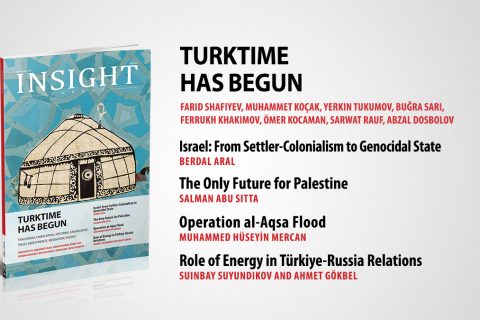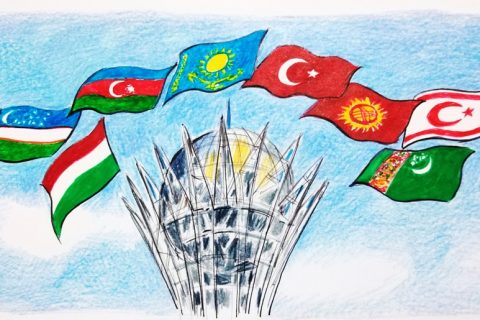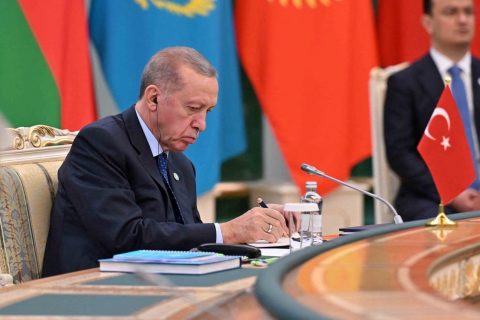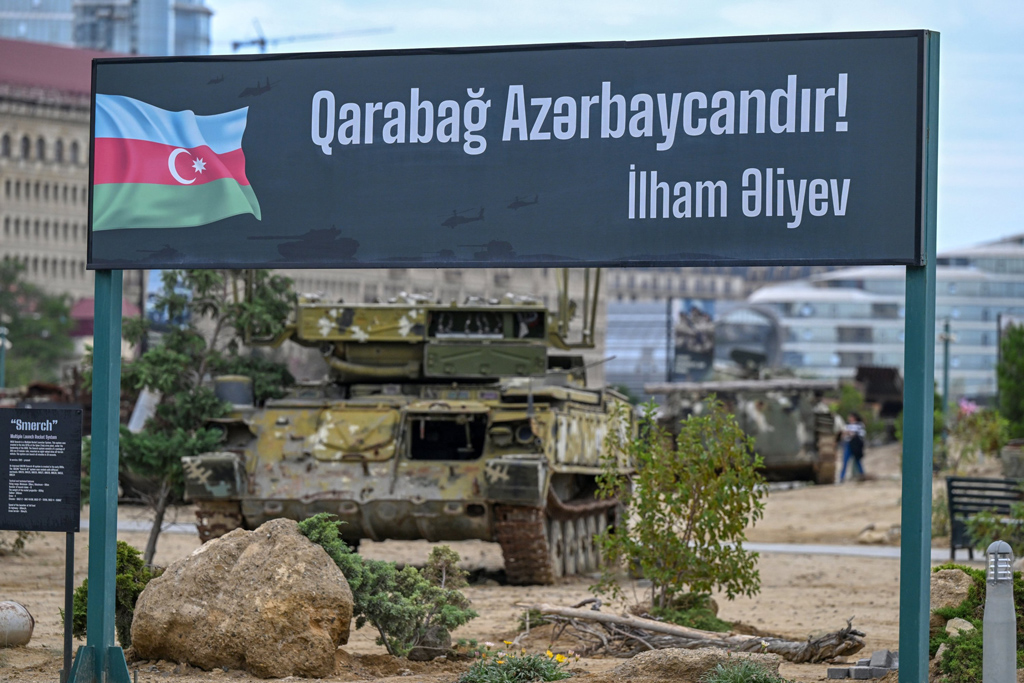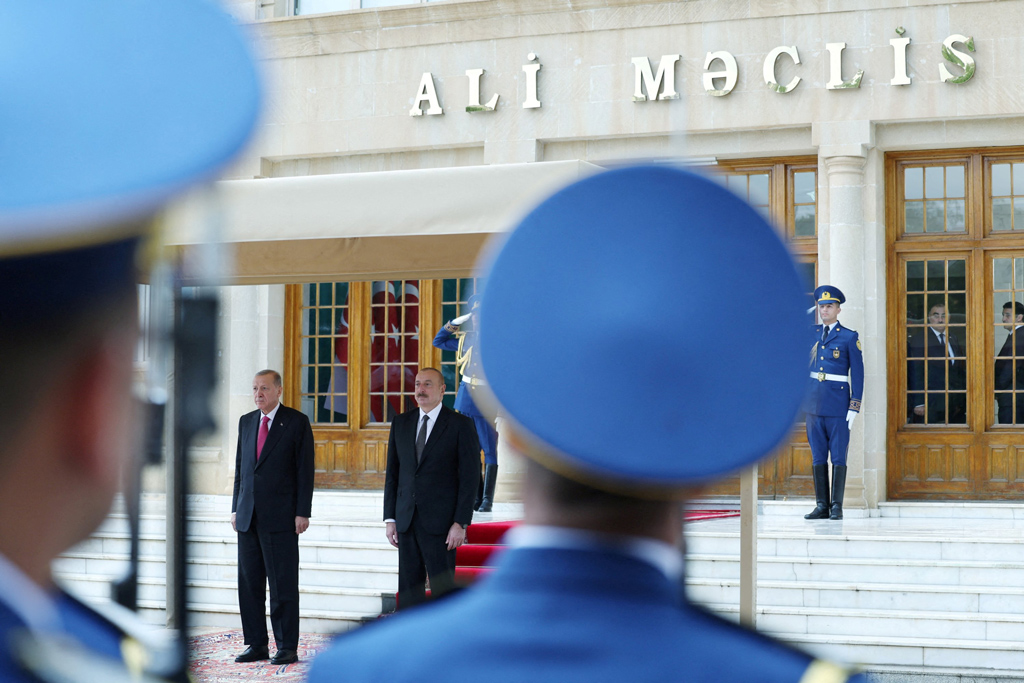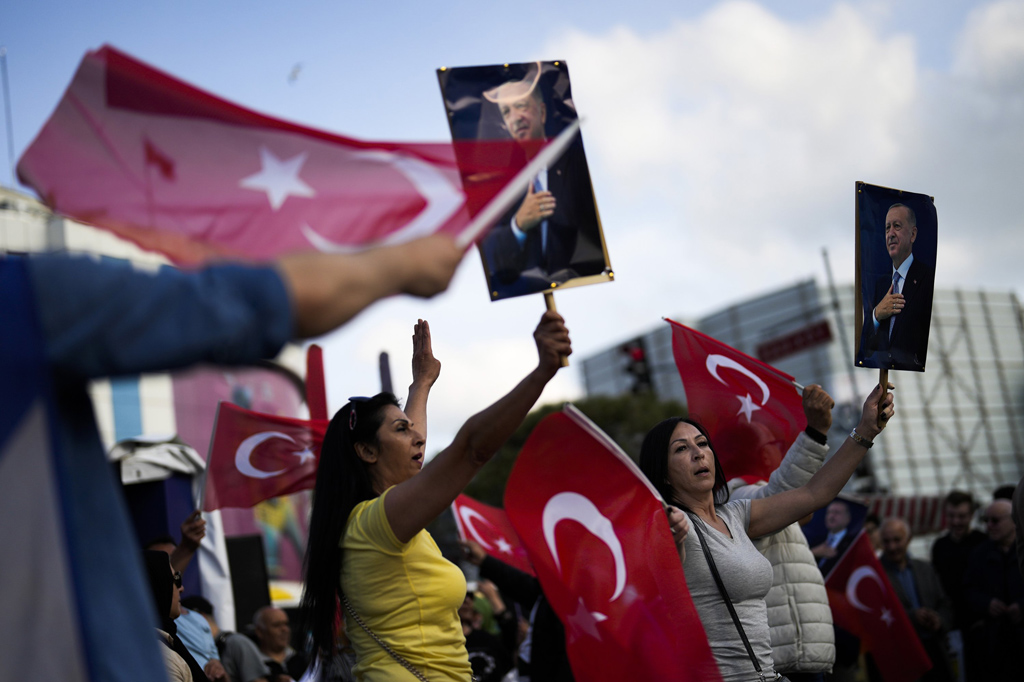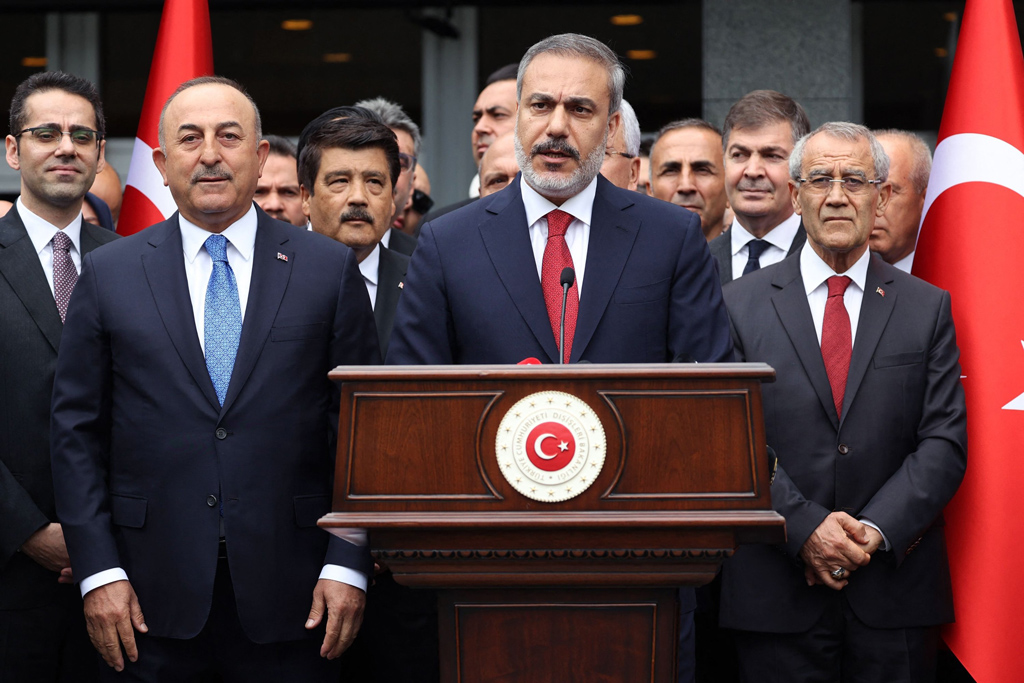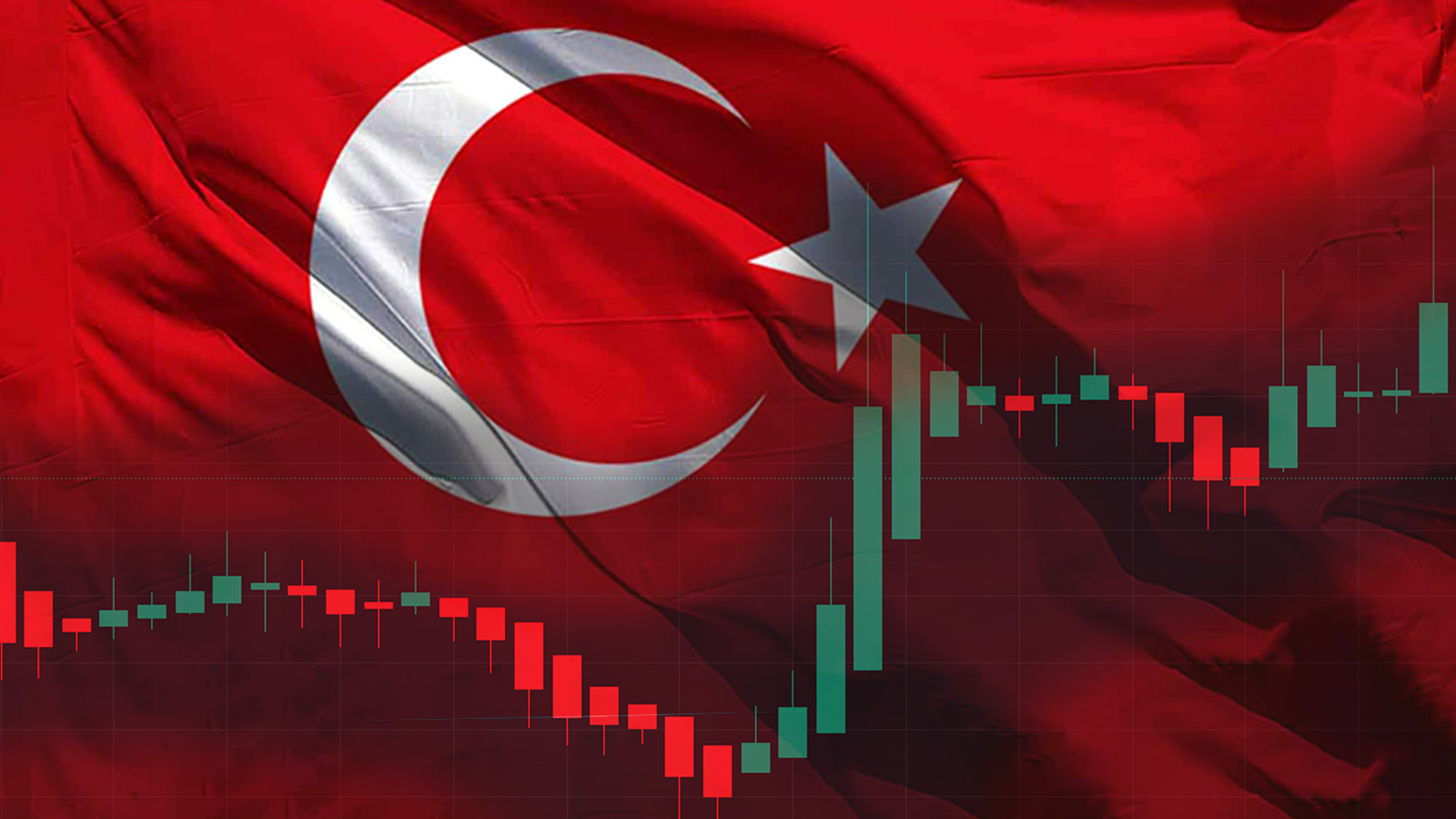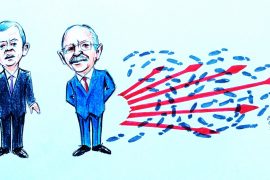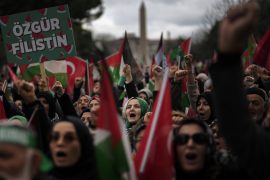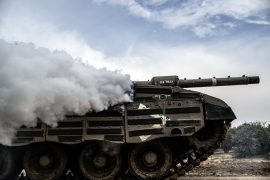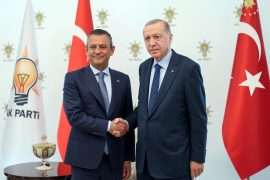Turkic World
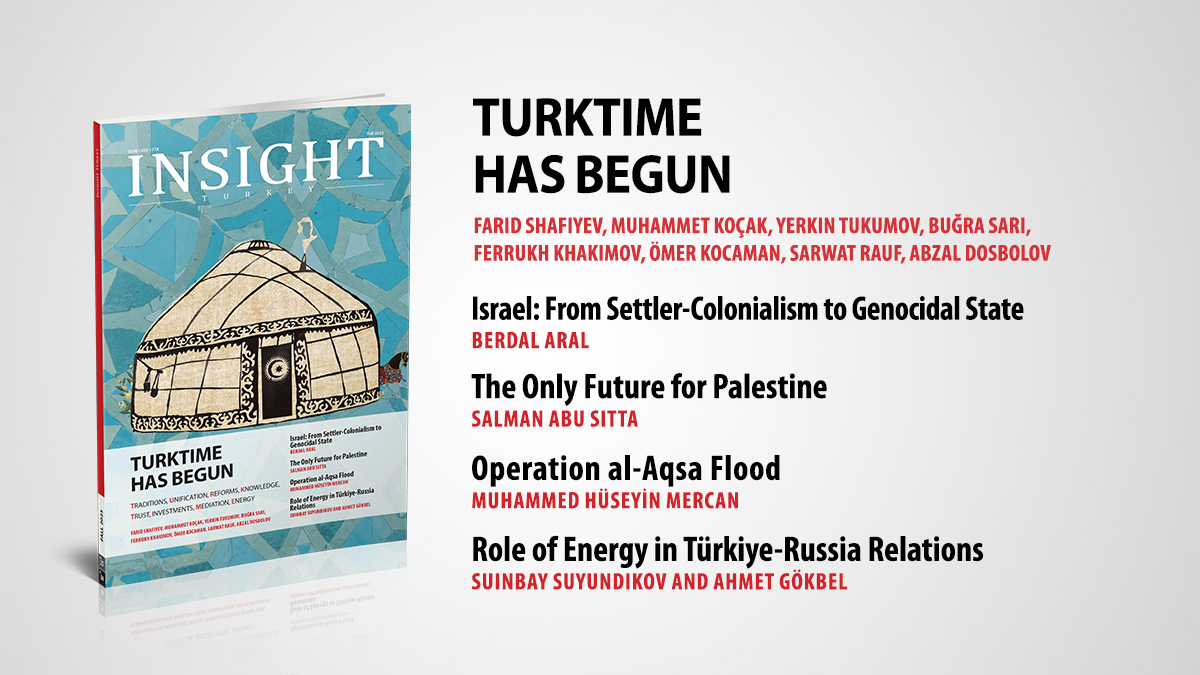
Insight Turkey Publishes Its Latest Issue “Turktime has begun”
| NewsThe latest edition of Insight Turkey has been released, featuring a special focus on the …
-
News
Insight Turkey Publishes Its Latest Issue “Turktime has begun”
By SETAThe latest edition of Insight Turkey has been released, featuring a special focus on the Turkic World. This issue includes four insightful commentaries and four in-depth research articles, delving into various aspects of the Turkic World. Additionally, it offers four articles on other topics, notably discussing the Palestinian issue in the context of the October 7 operation and examining Türkiye-Russia energy relations.
-
Opinion
In Astana, a new step toward integration
By Burhanettin DuranThe pursuit of Turkic integration has been a cornerstone of Turkish foreign policy in recent years. That development was directly linked to the Central Asian republics “opening up” and seeking to perform a “balancing act” between the great powers. This also included Uzbekistan and Kazakhstan’s opening up to the world. At the same time, the ever-stronger strategic partnership between Türkiye and Azerbaijan changes the regional balance of power.
-
Opinion
Showing solidarity with Gaza in Astana
By Burhanettin DuranPresident Recep Tayyip Erdoğan visited Kazakhstan earlier this week to attend the 10th Summit of the Organization of Turkic States (OTS). In addition to Hungarian Prime Minister Viktor Orban and Kyrgyzstan's President Sadyr Japarov, Erdoğan met his Azerbaijani counterpart Ilham Aliyev and attended the meeting of the OTS heads of states. The Turkish leader returned to Türkiye following his meeting with Kazakh President Kassym-Jomart Tokayev on Friday.
Bu Konuda Daha Fazla
-
The post-Karabakh geopolitical landscape in the Caucasus
By Murat YeşiltaşThe 44-day war between Azerbaijan and Armenia in 2020, which concluded with Baku’s victory, triggered a significant shift in the post-Cold War geopolitical landscape of the Caucasus region. Azerbaijan’s successful effort to partially end the Armenian occupation of Karabakh had two major implications.
-
Erdoğan’s visit to Nakchivan and Aliyev’s proud moment
President Recep Tayyip Erdoğan visited Nakhchivan, Azerbaijan, on Monday with an official delegation, which included me, to attend groundbreaking and opening ceremonies for a natural gas pipeline and a military complex. By the time of the delegation’s departure, the media reported that eight senior Armenian military officers had been arrested on the charge of plotting the assassination of Prime Minister Nikol Pashinyan.
-
Türkiye builds regional stability axes
By Muhittin AtamanTürkiye has continued where it left off after the last presidential and parliamentarian elections. The Turkish political leadership has been continuously struggling to increase its strategic autonomy in international politics and to build different axes of stability in regions, reflecting its multilateral foreign policy understanding. When looking at the most recent visit to Ankara and Turkish visits to other countries, we can see that Türkiye will continue to invest in regionalism and minilateralism in the near future.
-
Türkiye’s new foreign policy in the post-election era
By Burhanettin DuranTürkiye will preserve its “strategic autonomy” and redouble its efforts to promote normalization and stronger relations based on “mutual interests.”
-
Türkiye and the West: A posteriori positive-sum ballad
By Bilal BağışWith the manifestation of the national will evident, it is now time for Türkiye and the West to reframe the post-election concordance path, create a new road map, resume economic cooperation and revisit the political common ground. The approach should focus on a renewed consensus on economic and political collaborations. They will undoubtedly be better off with more cooperation, rather than competition or just a loose liaison. The political (even ideological) differences should not cloud coherence, the ability to cooperate, and post-ballot collaboration.
